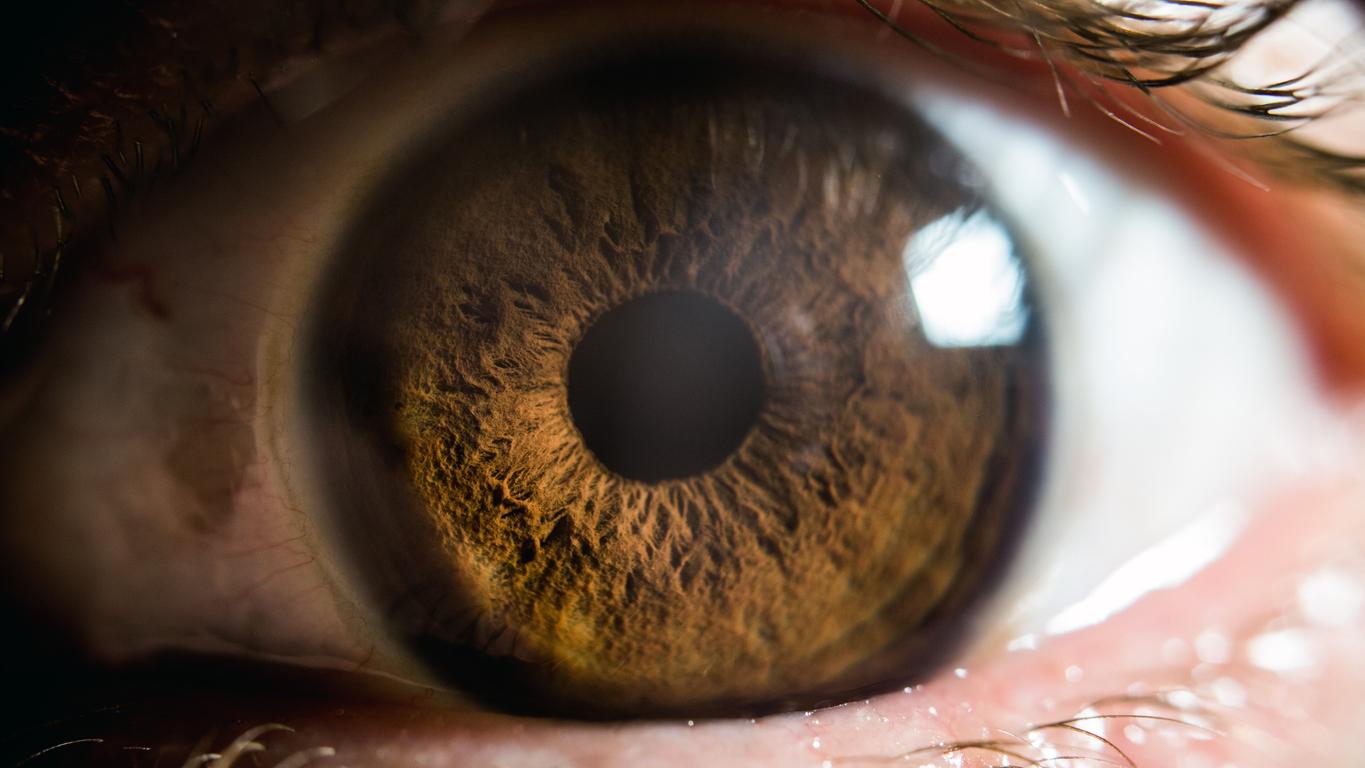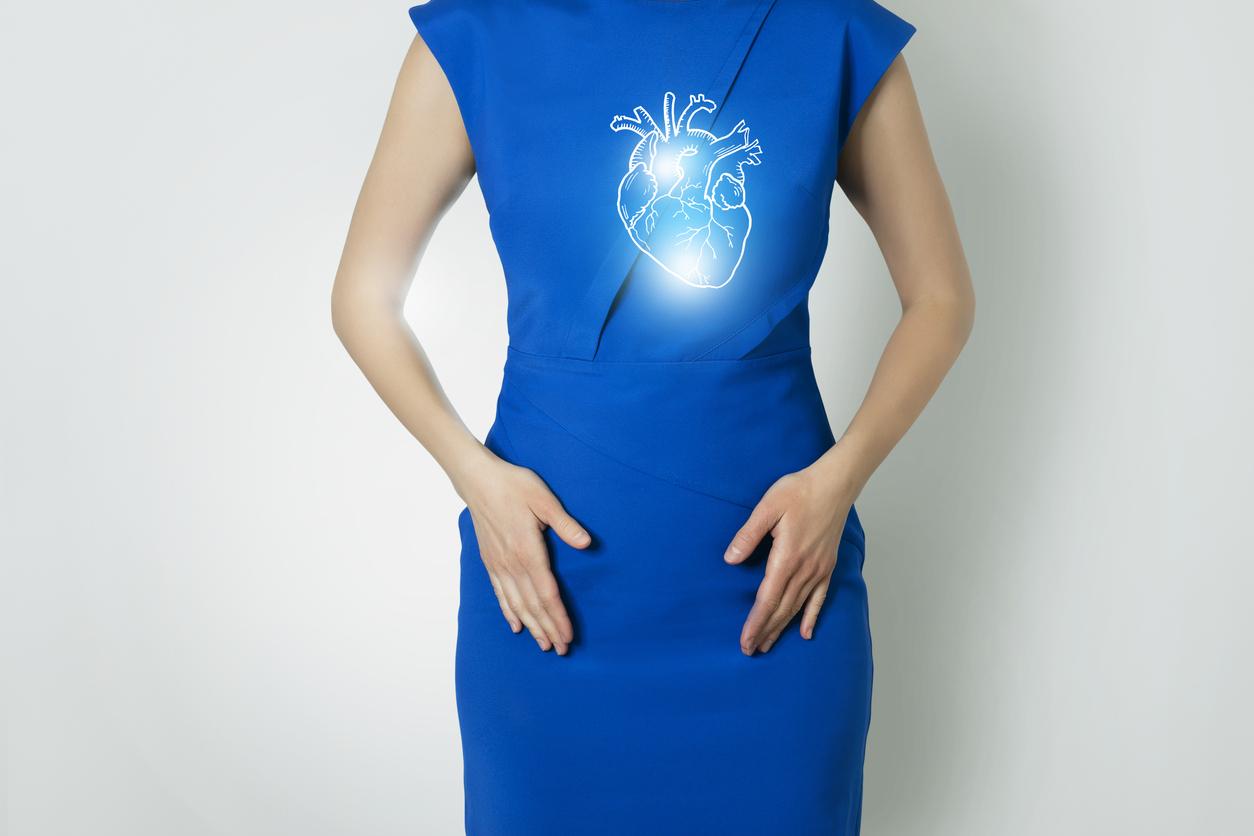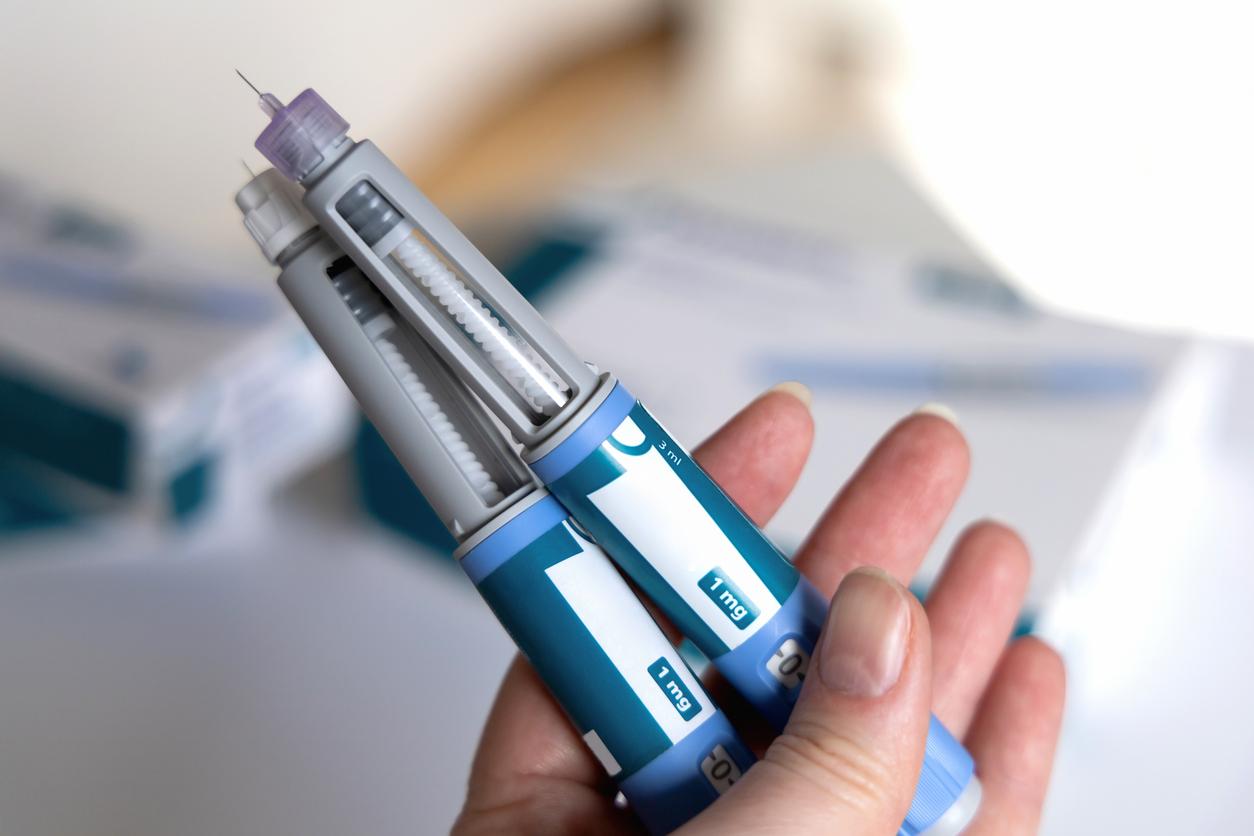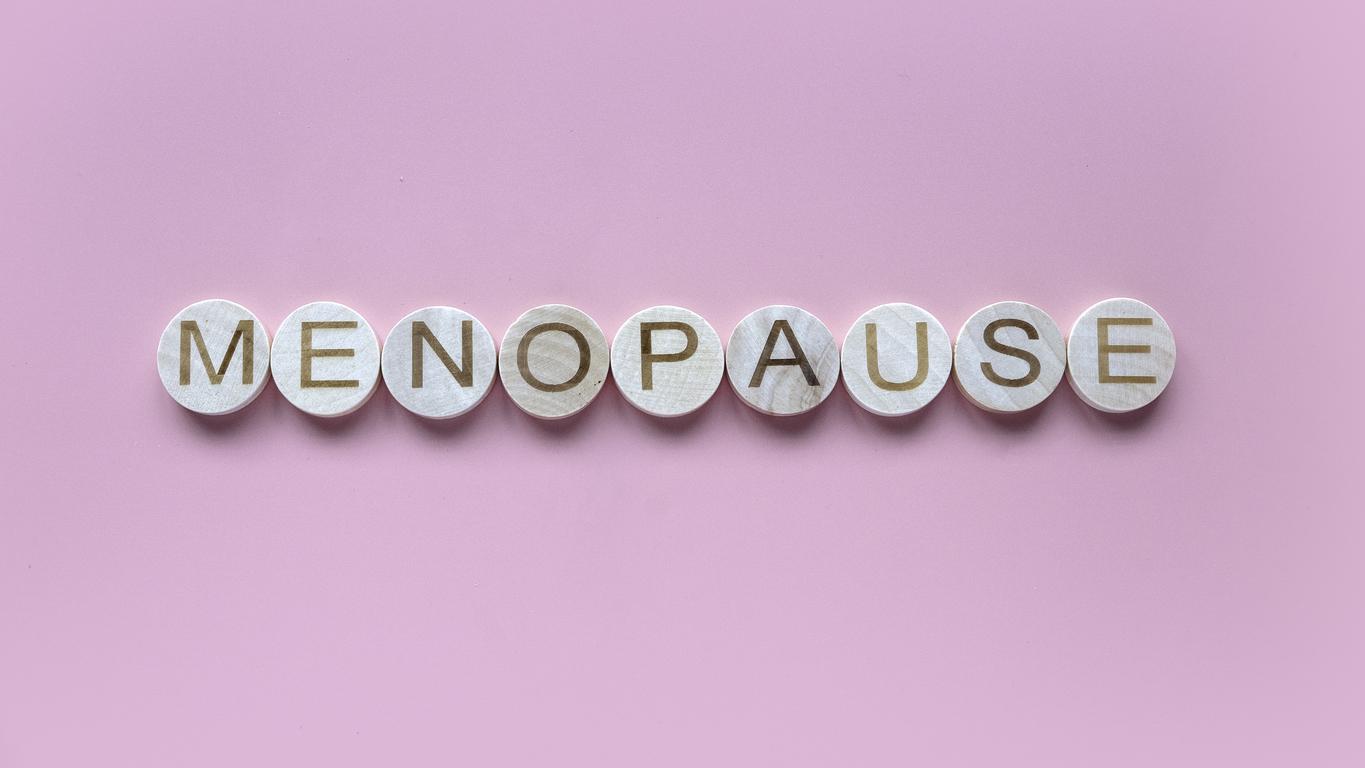The tears are composed of a mixture of water, lipids and mucus which softens the eye, cleans it of dust and pollen, and defends it against germs. If the tear secretion is insufficient, an irritation appears: itching, tingling, burning, tearing, sensation of having like sand in the eyes. However, the production of tears decreases with age.
From the age of 40, the lacrimal glands begin to be less active. As long as you wear contact lenses, smoke, or work on computer, a dryness can already appear. Indeed, the smoke attacks the cornea, the lenses modify the distribution of the protective fi lm and, when we spend the day staring at a screen, we do not blink enough and the moisture in the eye evaporates. But the discomfort obviously tends to increase after the menopause, the hormonal deficiency leading to a phenomenon of generalized dryness.
What to do against dry eyes?
The doctor’s first reflex: prescribe artificial tears to compensate for the lack of production. In single doses, they are more hygienic and practical than in a bottle, but they only provide temporary relief. There are also lubricating gels or eye drops (avoid those containing a preservative), with a slightly longer action, which can be used in particular at night, if you wake up with very irritated eyes. A special product, the Vyséo spray (from Ybo lab) which, surprisingly, is sprayed on closed eyelids, seems to satisfy patients. These local treatments are effective, but quite restrictive, and they only provide a palliative solution. This is why certain treatments can be put in place in combination or as a replacement.
Food supplements that have proven themselves
For some years now, ophthalmologists have also had recourse to disease-modifying treatments based on micronutrients (vitamins, trace elements, etc.). Clinical studies have shown that supplementation containing certain essential fatty acids (linoleic and gamma-linoleic) can reduce symptoms. A trial, conducted by Pr Christophe Baudouin in 2004 at the Quinze-Vingts eye hospital, proved, for example, that taking daily dietary supplement Dioptec improved the stability of the tear film and increased the amount of tears produced. After thirty to forty-five days, patients note a real improvement and can reduce the instillations, provided they have scrupulously respected the treatment. Vitamac and VisioPrev are also favored by ophthalmologists.
The alternate solution
In the event of severe dryness, it is recommended to combine local action (drops in the eyes) and general action (capsules acting on the cause). In the most stubborn cases, especially when the problem is related to taking medication or certain inflammatory diseases, the ophthalmologist can also suggest the placement of small plugs intended to block the evacuation of tears in the lacrimal passages. A benign operation, which works well when the lack of tears is important, but proves less convincing when the composition of the tears is of poor quality.
Some useful tips to fight against dry eye
- Put a bowl of water on the radiators or use a humidifier
- Avoid tobacco smoke.
- Remember to blink regularly: it is this movement that distributes the protective film over the eye.
- Wear goggles to protect yourself from the drying wind and sun.
Apply a warm compress to the eyelids for five to ten minutes to relieve and help stimulate tear flow.
Read also :
What are the causes of ocular dryness ?
Gourmet recipes to fight against dry eyes
Dry eyes: solutions to protect them

















